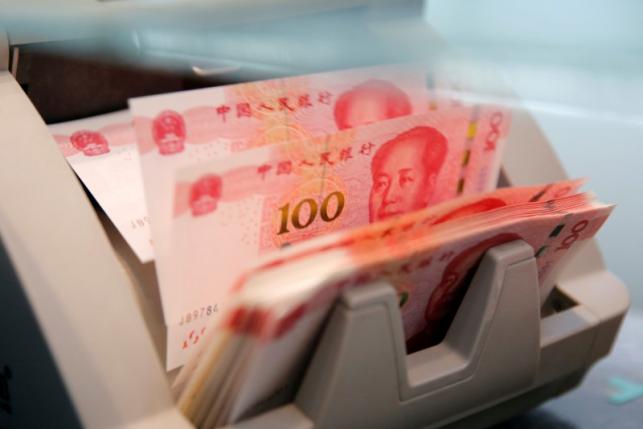A recent Reuters report revealed that China’s central bank is prepared to see Yuan weaken by 6.8% against the U.S. Dollar (CURRENCY:USD) in 2016. The decision is aimed at supporting paper GDP numbers at the expense of Chinese consumers who rely on purchasing power. Yuan has already been trading at a five-year low, but the central bank will not intervene so as to prevent capital outflows that were seen earlier this year. USD/CNY (USDCNY) rose by 0.14% to 6.6462 during early European hours.
Asian markets rebound
In other major currencies, the pound sterling added gains of 0.44% to $1.3488 after UK growth met expectations. Also, the market moved over the Brexit vote to focus on other relevant economic aspects, which lent support to the British currency. EUR/USD (EURUSD) was slightly higher at $1.1125. The dollar fell against yen to 102.76 yen per dollar, down by 0.06%.
Julian Jessop at Capital Economics, said that markets appear to be pricing in monetary stimulus expectations from central banks in Britain, Europe, and Japan. Jessop believes that there is still room for one rate hike in the U.S. based on the fact that Brexit will only leave a mild impact on the U.S. economy in his opinion.
Hang Seng (INDEXHANGSENG:HSI) soared 1.81% to 20,806.21 while Taiwan TSEC 50 Index closed 0.93% higher at 8,666.58. European markets added slight gains after opening lower today. However, gains are seen capped on account of subdued oil prices. FTSE 100 (INDEXFTSE:UKX) advanced 0.42% to 6,387.03 and EURONEXT 100 (INDEXEURO:N100) added 2.90 points to 838.79.
Supply fears make a comeback
iPath S&P GSCI Crude Oil Total Return (NYSEARCA:OIL) parted with its rally to report losses today. Brent Crude slipped 0.81% to $50.20, and West Texas Intermediate Crude Oil fell 0.94% to $49.41. The slide in oil prices is attributed to increased Nigerian production and economic uncertainty. Meanwhile, Goldman Sachs noted that increased supplies from Nigeria will offset oil outage impact caused by Canadian wildfires by September end.
